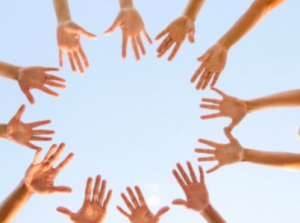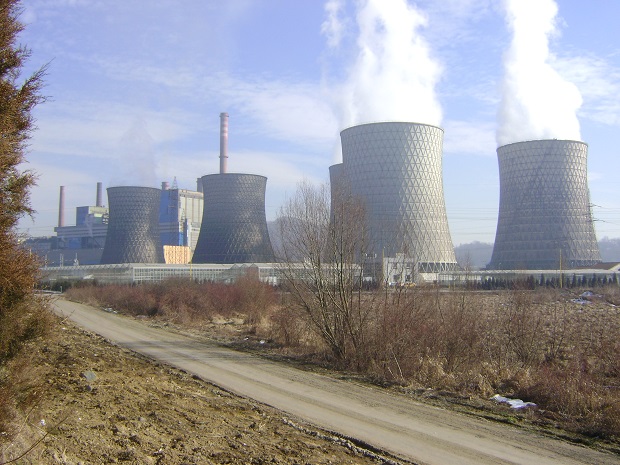Why is it important for Banja Luka to have a House of Human Rights?
 Aleksandar Žolja, president of the Helsinki Parliament of Citizens in Banja Luka, says that the initiative to open this house was launched in 2016 with the desire for Banja Luka, following the examples of Belgrade, Zagreb, and other cities in Europe, to have a physical space where multiple civil society organizations can carry out activities aimed at preserving and promoting human rights.
Aleksandar Žolja, president of the Helsinki Parliament of Citizens in Banja Luka, says that the initiative to open this house was launched in 2016 with the desire for Banja Luka, following the examples of Belgrade, Zagreb, and other cities in Europe, to have a physical space where multiple civil society organizations can carry out activities aimed at preserving and promoting human rights.
“The Republic of Srpska, like Bosnia and Herzegovina, currently does not have a House of Human Rights or a space for the joint action of civil society organizations, and most importantly, an address where all citizens can turn if their rights are endangered or if they want to learn about their rights. The House of Human Rights in Banja Luka will, among other things, provide legal assistance to citizens in the areas of labor rights, domestic violence, and will organize various trainings, seminars, debates, as well as cultural events,” Žolja said for BUKA.
He adds that every day in the media and in public, we can hear how civil rights are threatened or how citizens are not even aware of their rights and do not know the procedures for exercising or practicing their rights.
“The House of Human Rights is therefore necessary to primarily educate citizens about their basic and all other rights and to familiarize them with the procedures and direct them to institutions that can help them. The House of Human Rights will also be a free space for citizens to gather, civil society organizations, as well as representatives of institutions to meet and strengthen their cooperation,” explains Žolja.
When it comes to Houses of Human Rights in the region, our interlocutor says that the one in Zagreb has existed since 2008, and in Belgrade since 2011, and they carry out a large number of activities daily.
“Both Houses are the most significant institutions for the protection of human rights in Serbia and Croatia and have the support of local authorities. The City of Zagreb provided the space for the House of Human Rights under subsidized conditions, while the City of Belgrade has granted the Belgrade House of Human Rights a space indefinitely. We hope that the Assembly of Banja Luka will follow these positive examples and provide space for the functioning of the House of Human Rights in Banja Luka,” Žolja said.
The location for the House of Human Rights that will be considered at the city assembly tomorrow is located on Jevrejska Street.
“The currently proposed location is good for now, as we are just in the founding phase and starting our work. It is assumed that in a few years we will need a larger space as the House of Human Rights expands, takes in new members, and carries out a larger number of activities. To make the House as accessible as possible to citizens, who are its primary users, it is good that it is located in the city center, which is the case with the proposed location for the House of Human Rights in Banja Luka,” he said.
In conclusion, Žolja says that the city councilors will show with their votes tomorrow whether they want Banja Luka to become the first city in the Republic of Srpska and Bosnia and Herzegovina to have a House of Human Rights, which will be beneficial to all citizens of Banja Luka and beyond.
“We sincerely hope that the councilors will recognize the value of our initiative and thereby show that they care about democratic values and the needs of citizens,” concludes Aleksandar Žolja from the Helsinki Parliament of Citizens in Banja Luka.
BUKA Magazine – Why is it important for Banja Luka to have a House of Human Rights? (6yka.com)


